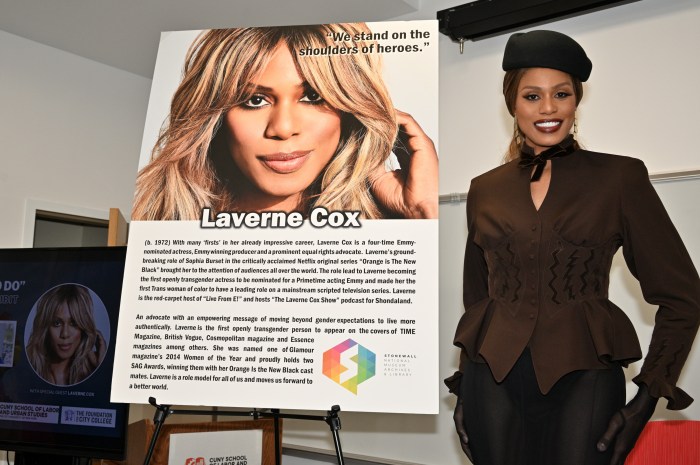 Lauren Sandler will be appearing today at 7 p.m. at BookCourt, 163 Court St., Brooklyn. Credit: Justin Lane
Lauren Sandler will be appearing today at 7 p.m. at BookCourt, 163 Court St., Brooklyn. Credit: Justin Lane
Pity the poor only child. The eldest child is never stereotyped as spoiled; the youngest is never pigeonholed as maladjusted or lonely. Forget giving birth to a small army — it is when you say you are only having one child is when eyebrows get raised.
Lauren Sandler is on a one-woman (and one-child) mission to change these misconceptions of onlies with her new book, “One and Only: The Freedom of Having an Only Child, and the Joy of Being One.” Sandler, who is an only child and has an only child herself, found herself being a de facto proponent of stopping after one.
“One day, I got an email from a friend that said, ‘I’m pregnant with my second child and I know how you feel about this.’ And I thought, ‘I don’t know how I feel,’” recalls Sandler, a freelance journalist who writes on cultural politics and women’s issues. “Her comment really sat with me in a funny way. Then when I had my child and I was wrestling with what it would mean to not have another, I decided to report it out, like I do for everything.”
What Sandler found was “stunning,” in her words: “Hundreds of studies over decades found that our stereotype of lonely children is totally untrue,” she says. “That doesn’t mean that there isn’t commonality within the only child experience, but it has nothing to do with whether you were lonely and selfish and maladjusted.”
Filled with in-depth reporting (with some wry motherhood observations thrown in), “One and Only” lays it out there: If you decide to only have one child, you aren’t “ruining” that child by deciding not to give it a brother or sister. In fact, you may just create a happier family life because of it. As Sandler digs up, parents who stop after one have more resources, more freedom and more time for not only their child, but for each other as well.
And even though she wrote the definitive book on the subject, Sandler is quick to note that she’s not saying that having one is the best choice; only that it is a valid choice, and one that parents don’t think they can really make without seeming selfish or withholding. “If most people have their first kid for them, and their second kid for their first kid — which is what polls have consistently told us they do — what would it mean if they didn’t? What would it mean if they didn’t feel like they had to?” she asks. “Don’t have another kid just because you think you’re gonna avoid screwing up you your first kid if you do.”
Research from “One and Only” by Lauren Sandler
 The good news about only children:
The good news about only children:
• In 500 studies over the past several decades examining 16 traits — including leadership, maturity, extroversion, social participation, peer popularity, generosity, cooperativeness, flexibility, emotional stability and contentment — only children do just as well as siblings. In only two categories is there a marked difference between singletons and sibs: achievement motivation and self-esteem. And in those traits, onlies fare far better.
Parental happiness:
• In a survey of 35,000 Danish twins, women with one child said they were more satisfied with their lives than women with none or more than one.
The increasing juggle of motherhood:
• Each child adds no fewer than 120 hours of housework a year.
• Women devote about 13 hours a week to childcare, up from about 10.5 hours nearly a half century ago. Meanwhile, the American workweek has increased by 13 hours.
• Women do twice as much housework as men, and provide more than two-thirds of care for kids under 12.
• A single child decreases a mother’s employment by about eight hours a week. A second child leads to a further reduction of about 12 hours (for a total of 20).
• 60 percent of men say they are struggling with the demands of work and family.
The financial reality:
• A child born in 2011 will cost an average of $235,000 to raise to age 18.
• Two-parent households with two children devote over a third of their income to their kids.
• College diplomas awarded in 2010 came with an average of $24,000 in debt.
The environment:
• Our global numbers are expected to increase by more than two billion to over 9 billion people by 2050.
• Each baby born in the U.S. today will add about 300 times more carbon dioxide to Earth’s atmosphere than a baby born in Ethiopia.
… And yet:
• 76 percent of Americans told Gallup pollsters they think being an only child is a serious disadvantage in life, responsible for everything from gutting loneliness to major character defects.
• 17 percent of American women in the 1970s said they’d stop at one kid; today, 3 percent of Americans say they think a single-child family is ideal.
Source: Contributed
















